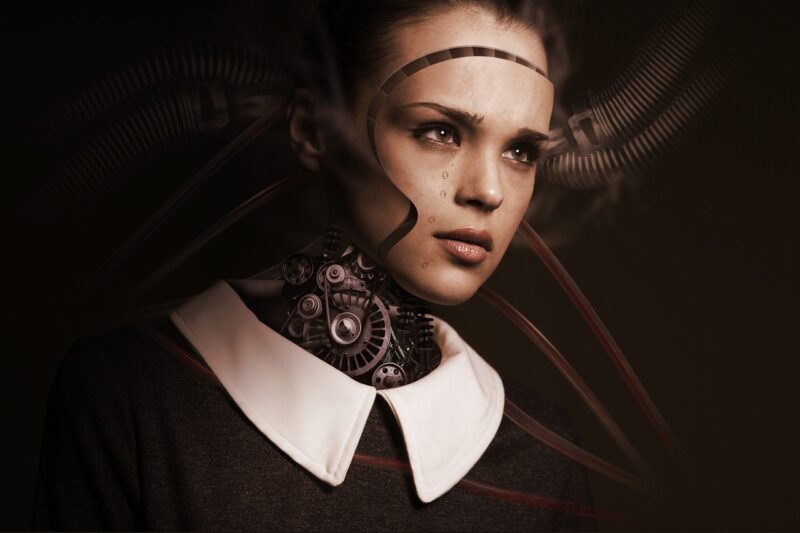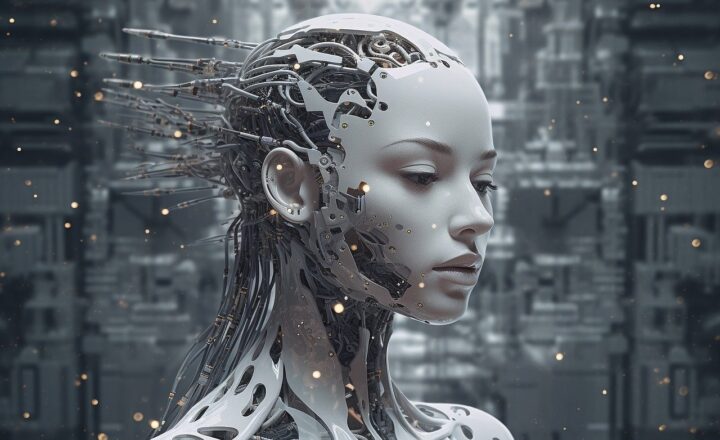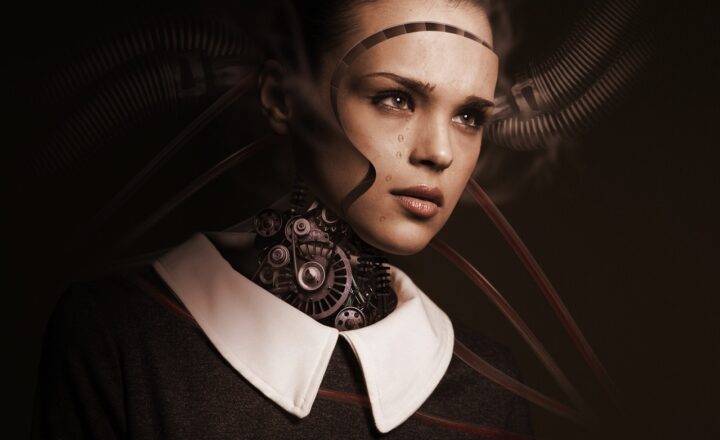Artificial Intelligence: The Unsung Hero or the Biggest Villain of Our Time?
November 19, 2024

Artificial Intelligence (AI) is one of the most transformative technologies of the 21st century, influencing various aspects of our daily lives and professional environments. As we continue to integrate AI into our everyday activities, the conversation around its implications has intensified. Is AI an unsung hero that enhances our lives, or is it a looming villain with the potential to wreak havoc? This article aims to explore the duality of AI.
1. Understanding Artificial Intelligence
AI refers to the simulation of human intelligence in machines that are programmed to think and learn. AI systems can perform tasks that typically require human intelligence, such as problem-solving, understanding language, recognizing patterns, and learning from experience. This technology has evolved rapidly in recent years, leading to significant advancements across numerous sectors including healthcare, finance, transportation, and entertainment.
Key components of AI include:
- Machine Learning: Algorithms that allow systems to learn from data and improve over time without being explicitly programmed.
- Natural Language Processing (NLP): The ability of machines to understand and interpret human language, enabling applications like chatbots and virtual assistants.
- Computer Vision: The capability of machines to interpret and make decisions based on visual data from the world around them.
Understanding these core components is vital as we delve into the implications of AI on society.
2. The Unsung Hero: How AI Enhances Our Lives
Despite the critics, AI has undeniably proven to be an unsung hero across various spheres of life. Here are some of the most profound ways AI positively impacts our lives:
a. Transforming Healthcare
AI’s role in healthcare is revolutionary. From predictive analytics that can identify potential health risks to AI-powered diagnostic tools that assist medical professionals, AI enhances patient care dramatically. Early detection of diseases, personalized treatment plans, and improved surgical precision are just a few examples of how AI transforms the medical field.
b. Enhancing Convenience in Daily Tasks
Virtual assistants like Siri, Alexa, and Google Assistant simplify daily tasks, from setting reminders to controlling smart home devices. AI-based recommendation systems on platforms like Netflix and Amazon suggest content or products based on user preferences, enhancing the user experience and making daily life more convenient.
c. Driving Innovation in Business
In the business realm, AI streamlines operations, boosts efficiency, and drives innovation. Businesses leverage AI for data analysis, customer relations, and operational efficiency. For instance, AI chatbots provide customer support round the clock, ensuring quicker response times and improved customer satisfaction.
d. Addressing Climate Change
AI also plays a role in monitoring and combating climate change. AI algorithms analyze vast datasets to identify climate patterns, manage energy consumption in smart grids, and optimize agricultural practices to mitigate environmental impact, chairing the sustainable efforts worldwide.
These contributions illustrate that AI has the potential to revolutionize society positively.
3. The Biggest Villain: The Risks Associated with AI
While AI offers enormous benefits, it’s not without its hazards. The concerns surrounding AI can’t be dismissed and demand careful consideration:
a. Job Displacement
AI has the potential to disrupt job markets significantly. As machines increasingly automate routine tasks, workers in various sectors may find themselves at risk of unemployment. From manufacturing to customer service, entire job categories are becoming obsolete, raising questions about the future of work.
b. Privacy Concerns
AI systems often require vast amounts of data to function effectively, raising serious privacy issues. The collection and analysis of personal data can lead to unauthorized access and breaches, impacting individual privacy and trust. Surveillance systems powered by AI also fuel worries about government overreach and loss of civil liberties.
c. Ethical Implications
From biased algorithms leading to discrimination in hiring practices and law enforcement to questionable decision-making processes in critical areas, ethical concerns regarding AI are paramount. Ensuring fairness and transparency in AI systems is essential to prevent reinforcing existing societal biases.
d. Dependence on Technology
As society becomes more reliant on AI, the risk of diminishing human skills increases. Critical thinking, problem-solving abilities, and interpersonal skills may erode as people increasingly depend on automated systems to make decisions.
These risks highlight the need for responsible AI development and governance.
4. Balancing Innovation with Responsibility
To fully realize AI’s potential while mitigating its risks, we must adopt a responsible approach to its development and implementation. Here are some strategies to consider:
a. Establishing Ethical Guidelines
Governments and organizations should create comprehensive ethical frameworks governing the development and deployment of AI systems. These guidelines should cover data privacy, transparency, accountability, and fairness to ensure that AI benefits society as a whole.
b. Emphasizing Education and Reskilling
As AI evolves, the workforce must adapt accordingly. Training programs focusing on creative problem-solving and interpersonal skills should be prioritized, ensuring that the workforce remains competitive in an AI-driven landscape. Encouraging lifelong education and reskilling will be critical for those displaced by technology.
c. Promoting Public Awareness
Engaging the public in discussions about the implications of AI is crucial. Transparent communication about AI’s capabilities and limitations can foster trust and encourage informed decision-making among users and stakeholders.
Conclusion
The discourse around AI as either an unsung hero or a villain is complex and multi-faceted. On one hand, AI stands as a testament to human innovation, while on the other hand, its potential consequences necessitate vigilance. As we navigate this uncharted territory, striking a balance between embracing the benefits of AI while addressing its risks is vital. By fostering responsible development and informed public discourse, we can harness AI’s potential to improve our world while safeguarding against its pitfalls.
In this rapidly evolving landscape, citizens, governments, and organizations must collaborate to ensure that AI acts as a powerful ally rather than a formidable foe.







